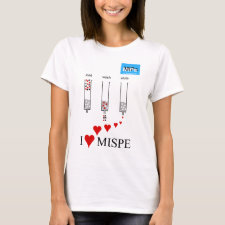
Authors: Makote R, Collinson MM
Article Title: Template recognition in inorganic-organic hybrid films prepared by the sol-gel process.
Publication date: 1998
Journal: Chemistry of Materials
Volume: 10
Issue: (9)
Page numbers: 2440-2445.
DOI: 10.1021/cm9801136
Abstract: Inorganic-organic hybrid sol-gel processing has been utilized to fabricate thin, porous, chemically selective silicate films. These materials have been fabricated using a template-based approach that involves the formation of a cross-linked matrix around a specific reagent followed by removal of that reagent. The silica sol consisted of a hybrid mixture of functionalized organosilicon precursors (phenyltrimethoxysilane and methyltrimethoxysilane), a network former (tetramethoxysilane), and the template molecule, dopamine (DA). Silicate thin films were prepared by spin casting an aliquot of the composite sol on the surface of a glassy carbon electrode. Dopamine was extracted from the dried film via soaking in phosphate buffer, and the affinity and selectivity of the DA-templated films were characterized using cyclic voltammetry. The results show that the DA- templated films have an increased affinity for dopamine over that of structurally related molecules including serotonin, epinephrine, and dihydroxynaphthalene. The DA-templated films show little to no affinity for negatively charged or large analytes including ascorbic acid, DOPA, DOPAC, catechol violet, and the peptide Tyr-Gly-Gly. In contrast, nontemplated films or templated films prepared with the organic modifier isobutyltrimethoxysilane show little to no response toward dopamine in solution. It is believed that film porosity and specific hydrophobic and electrostatic interactions play an important role in controlling molecular permeation through these materials



Join the Society for Molecular Imprinting

New items RSS feed
Sign-up for e-mail updates:
Choose between receiving an occasional newsletter or more frequent e-mail alerts.
Click here to go to the sign-up page.
Is your name elemental or peptidic? Enter your name and find out by clicking either of the buttons below!
Other products you may like:
 MIPdatabase
MIPdatabase









